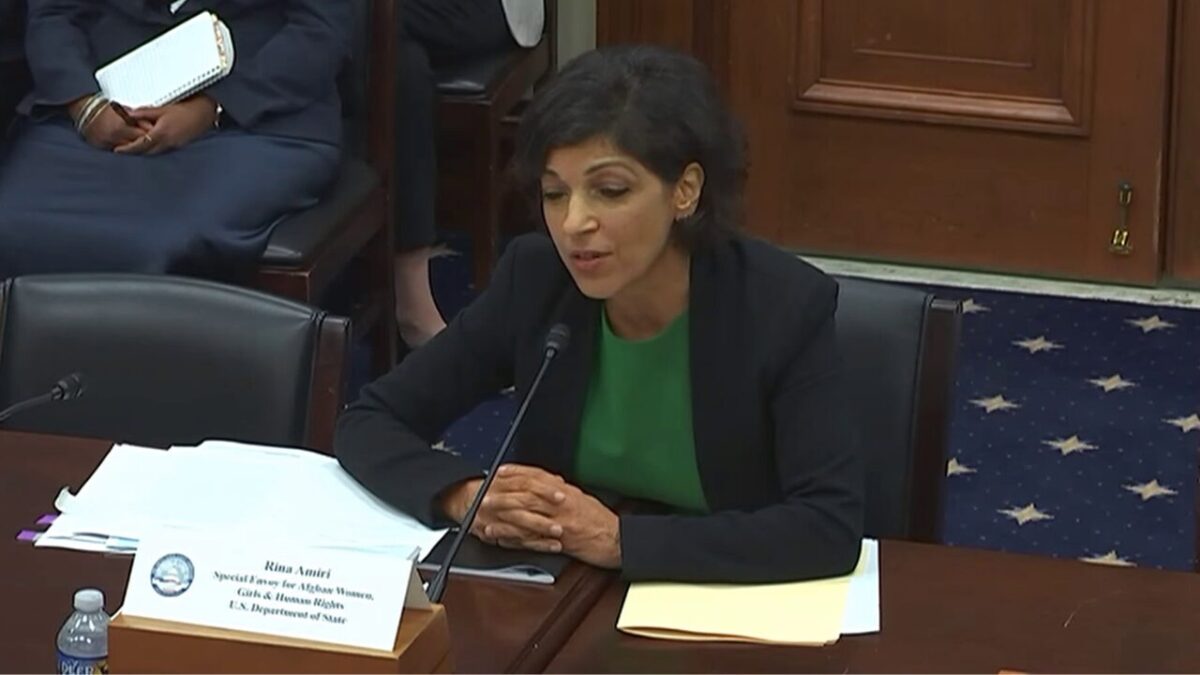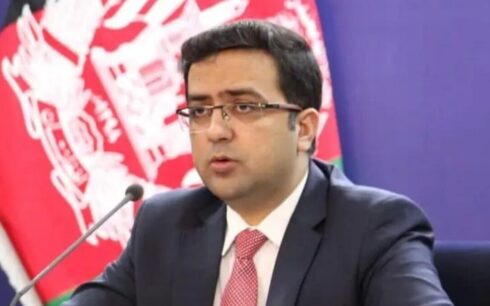Rina Amiri, the U.S. Special Envoy for Afghan Women, Girls, and Human Rights, announced on Sunday that she is stepping down from her position, effective on Monday, Jan. 20.
In her farewell remarks, Amiri reflected on her tenure, highlighting achievements in advocating for the rights of Afghan women and girls and addressing the broader challenges facing Afghanistan.
“It has been a great honor to advocate for the incredibly courageous Afghan people, especially women and girls, at the frontlines of fighting for an inclusive Afghanistan,” Amiri said. She expressed hope for a future where Afghanistan’s daughters and sons can break free from cycles of war, instability, and aid dependency.
Amiri outlined key initiatives undertaken during her tenure, which spanned three years.
Engaging civil society in U.S. policymaking: Amiri emphasized the establishment of the U.S.-Afghan Consultative Mechanism, a collaboration with organizations like the U.S. Institute of Peace, Georgetown Institute for Women, Peace and Security, and swisspeace. Hundreds of consultations with Afghans inside and outside the country informed U.S. policy recommendations.
Promoting women’s economic resilience: The Alliance for Afghan Women’s Economic Resilience, a public-private partnership with Boston University, mobilized millions of dollars in resources for training, mentoring, and job placement to support Afghan women both within Afghanistan and abroad.
Global advocacy for women’s rights: Amiri highlighted efforts to engage international and Muslim-majority countries to counter the Taliban’s restrictive policies on women and girls, emphasizing the importance of global solidarity.
Humanitarian assistance and UN collaboration: Amiri said that under her leadership, the U.S. supported humanitarian aid efforts and helped establish the office of the UN Special Rapporteur on Human Rights in Afghanistan.
Despite these efforts, Amiri acknowledged the challenges that remain. She urged the international community to hold the Taliban accountable for their restrictive decrees, particularly those targeting women, girls, and minorities.
“They have created a culture of fear and intimidation, keeping Afghanistan locked in a cycle of dependency and poverty,” Amiri said, stressing the need for continued advocacy to reverse the Taliban’s policies and promote human rights.
Expressing optimism for Afghanistan’s future, Amiri concluded, “The world must stand with the brave women and men of Afghanistan who are the best promise of a stable and secure Afghanistan, at peace with itself and its neighbors. It is a moral and strategic imperative for the region and the world.”
Amiri’s departure comes at a time when Afghan women and girls face unprecedented restrictions under the Taliban, with bans on education, employment, and public participation drawing international condemnation.





